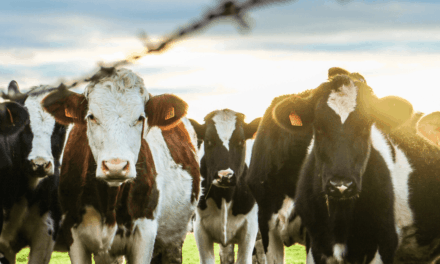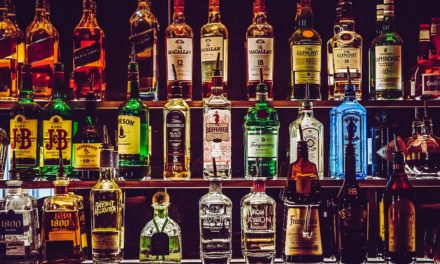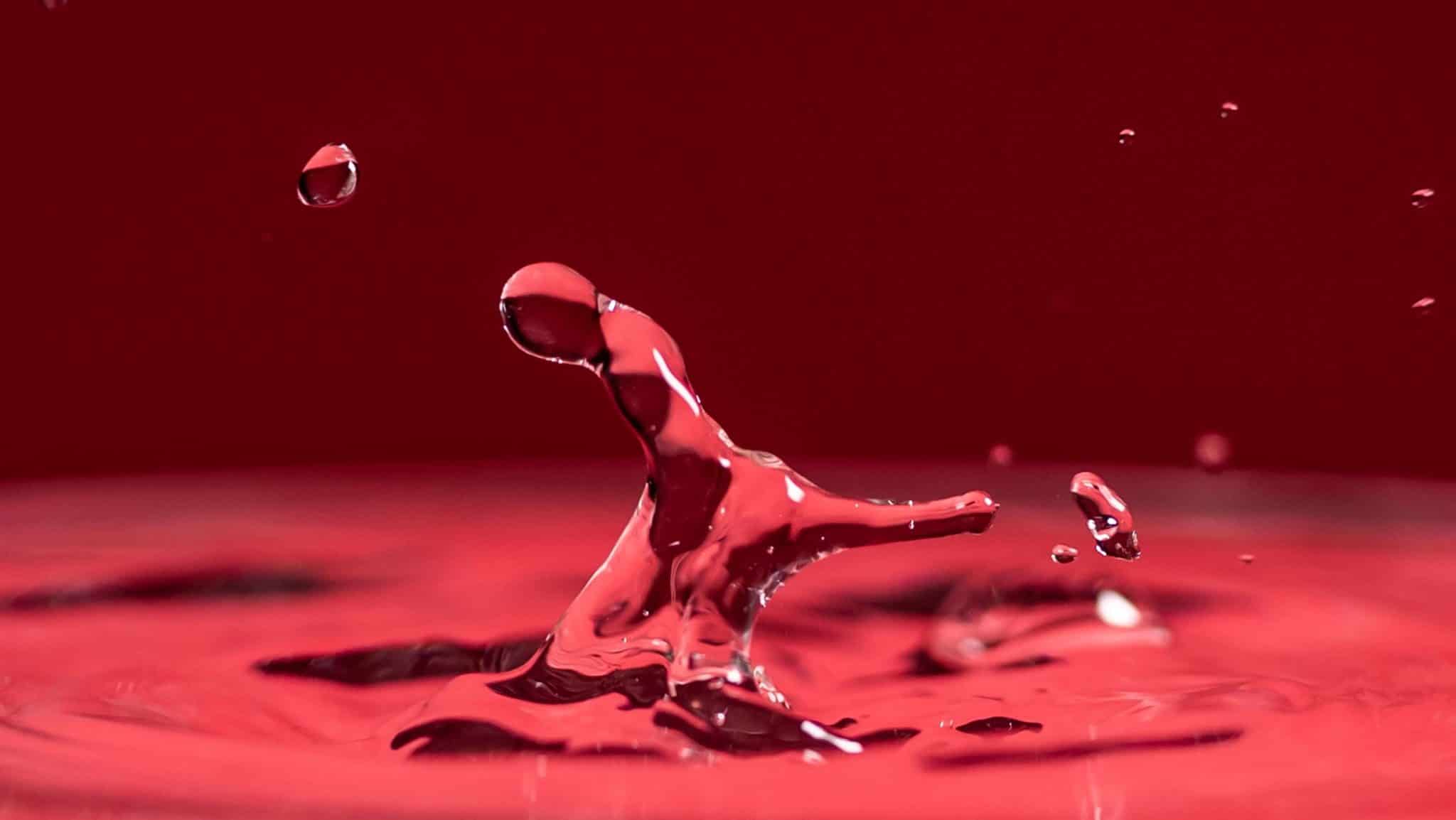There is no denying that practicing the ketogenic diet (or keto diet) is a change in lifestyle. However, does this mean that you have to change every aspect of your life? Apparently not.
Beer is one of the most popular alcoholic drinks in the world and since the target carbohydrate count is typically lower than 20 grams, one beer will normally take a good portion of a carbohydrate limit for the day.
Fortunately, this is not the case with all beers. Believe it or not, there are dozens of beers that have carbs low enough to be consumed n a ketogenic or low carb diet.
But… can you drink beer on a ketogenic diet? The short answer is YES, but only certain kinds of beers.

What You Should Know About Alcohol Consumption During Keto
This is what you should know about alcohol consumption if you are Keto:
1) Some alcoholic drinks are carbohydrate pumps, While others are relatively keto friendly.
When it comes to staying in ketosis, not all options are the same. You’ll want to stay away from any sugar-filled mixed drinks and stay close to anything that is closest to the pure alcohol form (pure vodka, whiskey, gin, tequila, etc.).
You will want to stay away from you as a whole unless you opt for a light or low-carb option, but more on this later on in this article.
2) Wine is a good option, but…
If you plan to drink alcohol in the keto diet, a glass of wine can be a nice go to. As long as you choose one that does not have a sweet taste full of sugar your Ketone levels should not be affected.
USDA reports that a serving of Pinot Noir has approximately 4 grams of carbohydrates.
3) Opt for unflavored and sugar-free liquors.
If you plan to have a cocktail, it is recommended to buy unflavored or sugar-free Liquors. Liquor mixers are not suitable for the keto diet, but most Liquors have zero net carbs.
As for a mixer, choose something low in carbohydrates, such as seltzer water or a soft drink sweetened with stevia or a diet option.
4) You can drink alcohol and stay in ketosis. But there is a problem.
Even if a glass of something strong doesn’t keep your body from ketosis, drinking beer while on it a keto diet will affect your progress.
In particular, it will slow down the ketosis rate.
The liver can produce ketones from alcohol. However, your body treats at the Nall as a toxin and will work to eliminate it as soon as possible.
This means that the body uses it before all other nutrients, including fats, so it slows down the process of converting fatty acids to ketones.
Drinking alcohol will not erase your progress, but it will affect ketosis.
5) Moderation is key.
For those who have healthy livers, without much weight to lose and have no trouble stopping at one drink or two, the occasional absorption of a low carb alcoholic drink will probably not cause any damage and may even help with cardiovascular health.
Alcohol is actually the fourth macronutrient after proteins, fats, and carbohydrates and in many nutritional studies it’s intake is often neglected.
In Mediterranean countries such as Greece and Italy, alcohol accounts for about 10% of calorie intake and may partially contribute to the benefits promoted by the Mediterranean diet.
Adding moderate amounts of alcohol to your diet tends to increase healthy HDL cholesterol. – pubmed.gov
However, drinking alcohol can delay weight loss for some people.

Low Carb / Keto Friendly Beer List
When following the keto diet, beer should be your last choice of alcohol.
With gluten and a generally higher carbohydrate count, it is more likely to hamper your weight loss and keto goals.
But… there are some options for keto-friendly beers that you can try.
- Budweiser Select 55: 55 calories, 1.9 grams of carbs
- Budweiser Select: 99 calories, 3.1 grams of carbs
- Busch Light: 95 calories, 3.2 grams of carbs
- Miller 64: 64 calories, 2.4 grams of carbs
- Miller Lite: 96 calories, 3.2 grams carbs
- Michelob Ultra: 95 calories, 2.6 grams of carbs
- Michelob Ultra Amber: 95 calories, 3.2 grams of carbs
- Natural Light: 95 calories, 3.2 grams of carbs
- Rolling Rock Green Light: 83 calories, 2.4 grams of carbs
Possible Disadvantages of Alcohol / Beer in a Keto Diet
You can definitely drink some types of alcohol on a low carb ketogenic diet without guilt. But there reasons why drinking alcohol can potentially sabotage your goals.
1) It can be damaging to your body’s ability to burn fat as fuel.
Your body treats beer or alcohol as a toxic substance.
When it enters the bloodstream, your body changes gears and concentrates all of its energy into processing the system’s alcohol.
Everything else presses the pause button to take care of the alcohol. When this happens your body stores excess energy from sugar and carbohydrates as fat.
Since your body is busy filtering alcohol, you also stop using fat for energy, as you normally do when you are in ketosis.
Instead of breaking down fatty acids to create ketones for energy, your body uses the empty calories you drink as fuel.
This will not help you achieve or maintain ketosis, but it has the opposite effect.
If you have had trouble getting into ketosis, start by reducing or eliminating alcohol intake.
This will prevent the accumulation of fat and maintain Ketone production, so fat is likely to be lost.
2) You will get drunk faster and keto hangovers could be worse.
Whether you have drunk a glass of red wine or two with friends after work or plan to drink beer through 18 holes of golf on the weekend, a keto diet Alters the effects of alcohol on your body.
When you are in ketosis, alcohol affects your system faster and stronger than when your body Harvard more carbohydrates.
Your alcohol tolerance drops to almost zero when you are in ketosis because your glycogen stores are depleted,
Usually, people have a larger amount of glycogen stored in their bodies thanks to high carbohydrate diets that act as a buffer to metabolize alcohol.
Without this buffer, your body processes alcohol much faster and you feel the effects much faster as well.
In addition to the new lower tolerance, those with a ketogenic diet report harder hangovers than when they ate a carbohydrate-rich diet.
3) You are more likely to crave carbohydrate-rich foods.
Alcohol, like beer, is full of empty calories. The calories obtained from alcohol, 7.1 per gram to be exact, offer no nutritional value.
You will not feel full and you are more likely to eat too many on healthy foods as your inhibitions decrease.
This can make your stomach feel like a bottomless pit, burning for more calories as soon as you finish your first drink.
In addition, it will absorb a lot of calories to get there. So, if you are following a very strict daily calorie intake to create a deficit and lose weight, alcohol will consume much of this allowance for real benefits.
For the same amount of calories, you could give your body something much healthier, such as a slice of avocado or a collagen protein shake. These foods will keep you in fat-burning mode, while alcohol will temporarily stop this process.
IN CONCLUSION: Can you drink beer on a ketogenic diet?
Enjoying a cold beer when practicing the keto diet may seem quite impossible.
However, it is closer to reality than you think, since many brands of beer offer light beer options that reduce calories and carbohydrates.
Although these beers are not necessarily nutritious in any way they can still function as a good occasional treat after a long work week if you are practicing the keto diet.
It is always important to pay attention to the amount of beer you actually consume when practicing the keto diet has too many carbohydrates can ruin the ketosis State you have reached fairly quickly.

BONUS CONTENT: What happens when we drink beer?
You probably already know, to some extent, what happens when you eat carbohydrates but things change when you consume alcohol with those carbohydrates.
First, both carbohydrates in alcohol will increase insulin levels in carbohydrates will briefly increase blood sugar levels along with a decrease in ketone production.
Once alcohol enters the liver to detoxify, your body’s energy sources will be directed to the handling of the alcohol you just ingested.
As a result, gluconeogenesis stops, lactate accumulates and the liver begins to synthesize fatty acids for storage.
All this can cause hypoglycemia (low blood sugar) and lactic acidosis (accumulation of acid in the blood), which substantially compromises metabolic health.
After the alcohol has broken down in the liver, it’s metabolites will become acetyl coa. As acetyl coa accumulates, two things happen.
First, ketone bodies will form and be released in the blood, exacerbating the acidic condition that already results from the high concentration of lactate.
Second, acetaldehyde will begin to accumulate in the liver, which can significantly damage the liver and eventually cause the death of liver cells.
These effects are relatively positive if you only consume 1-2 drinks per day (12-24 ounces of beer).
In fact, studies have found that drinking a moderate amount (no more than one or two drinks per day for men and no more than one drink per day for women) is associated with a lower risk of heart disease, type 2 diabetes, and gallstones. – according to diabetesjournal.org
In other words, having a small amount of alcohol daily can confer some health benefits.
However, as soon as more than a moderate amount is consumed, the toxic load of alcohol overwhelms the body and can cause hypoglycemia for several hours after drinking, liver damage, accumulation of fat in the liver, digestive problems, inflammation throughout the body, heart problems, reproductive problems and many other harmful effects throughout the body.
In light of the evidence, it seems that it is better to drink a moderate amount of alcohol and not have anything else.






